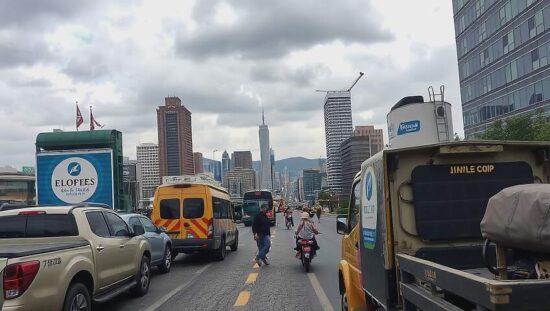A potential compromise is emerging within the German government regarding the planned phase-out of internal combustion engine vehicles, signaling a significant shift in policy direction and potentially triggering conflict with key stakeholders. According to sources within the chancellery and the Federal Ministry for the Environment, currently relayed by POLITICO’s industry and energy & climate newsletters, the proposal would effectively prohibit the new registration of plug-in hybrid vehicles after 2035.
Instead, only vehicles utilizing range extenders or those powered by synthetic, or “e-fuels” would be permitted. This emerging stance largely aligns with demands recently presented by France and Spain at the EU Environment Council, suggesting a concerted effort to establish a more unified European policy on emissions.
However, the proposal clashes directly with the positions advocated by German federal states and the influential domestic automotive industry, both of whom have repeatedly voiced support for maintaining access to plug-in hybrid technology. Just weeks ago, there was considerable evidence to suggest that a continuation of hybrid and range-extender vehicle access beyond 2035 was gaining traction within the government.
While this agreement between the chancellery and the environmental ministry doesn’t yet represent a definitive government position, its emergence raises serious questions about the direction of German automotive policy. Crucially, reaching a consensus with the Christian Social Union (CSU) and its leader, Markus Söder, remains a critical hurdle. Söder’s influence within the governing coalition ensures any final decision will require his buy-in.
Further complicating the situation is the question of “local content” regulations proposed by Madrid and Paris. Berlin’s willingness to adopt these rules, designed to encourage European battery production and supply chains, remains uncertain, adding another layer of political complexity to this evolving policy debate. The outcome will have far-reaching implications for the German auto industry, European climate targets and the delicate balance within the governing coalition.





